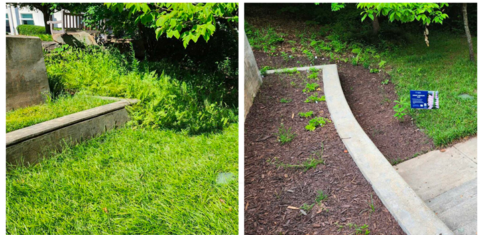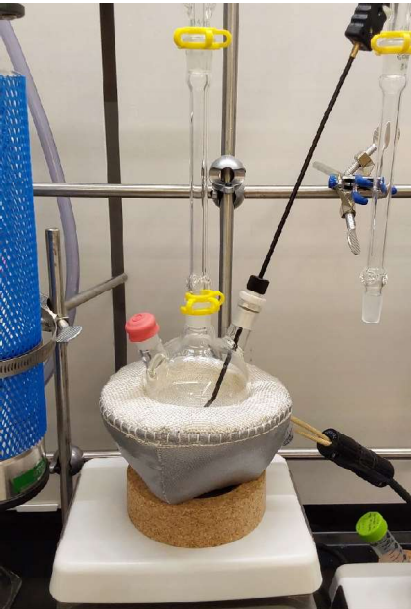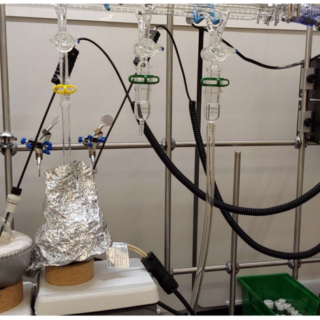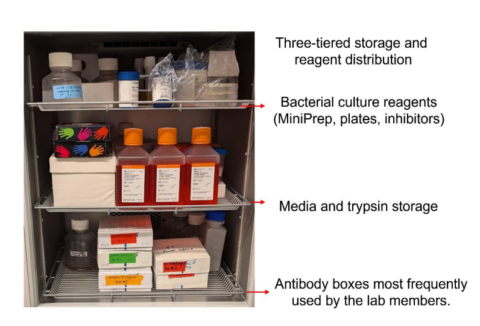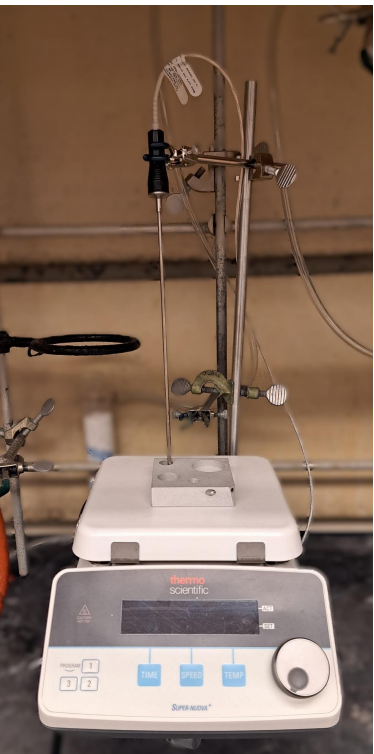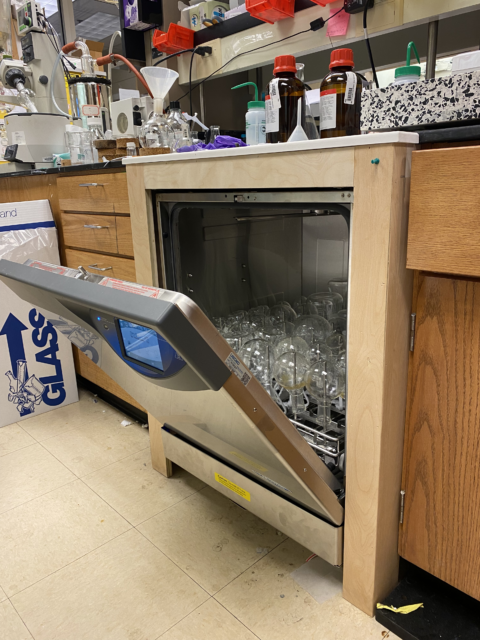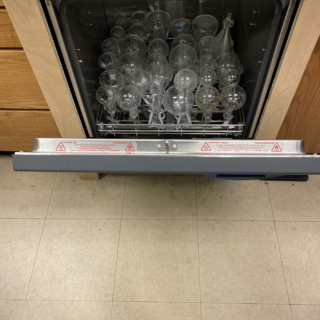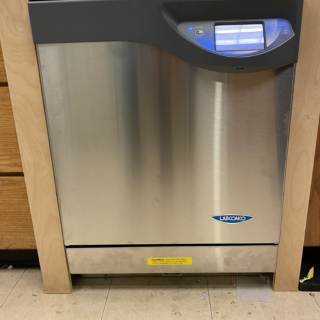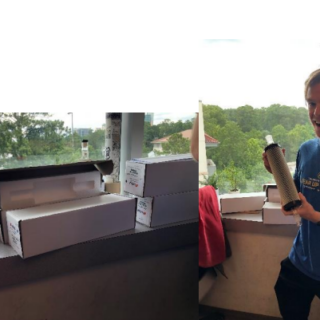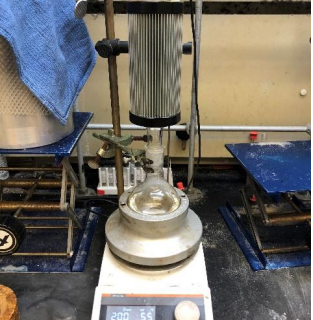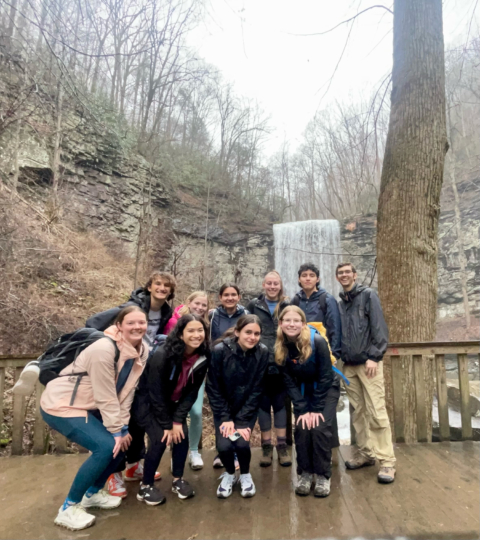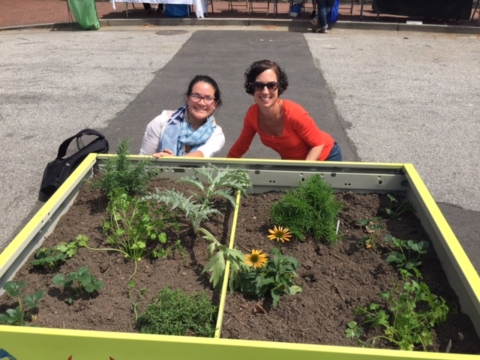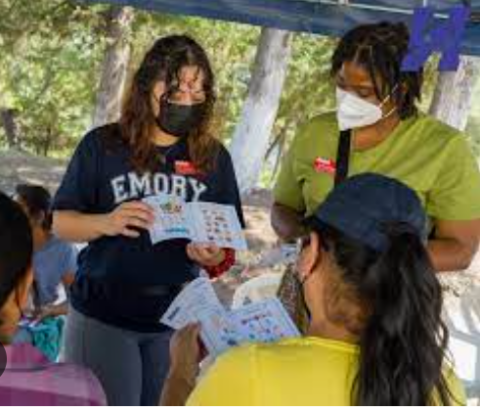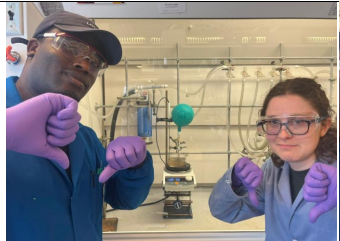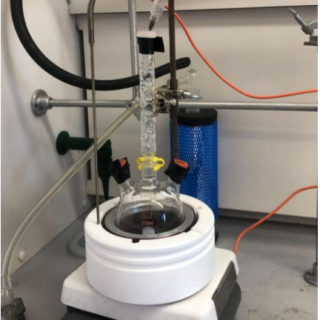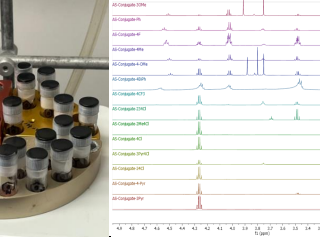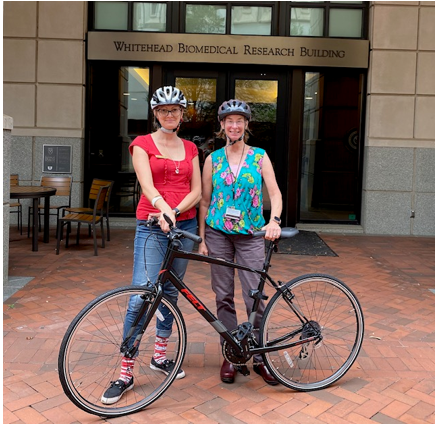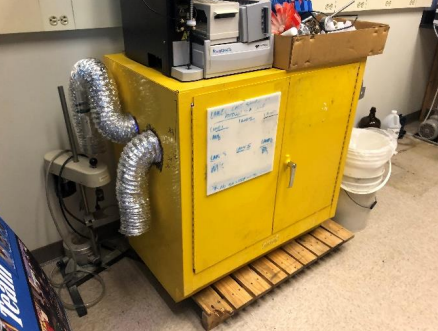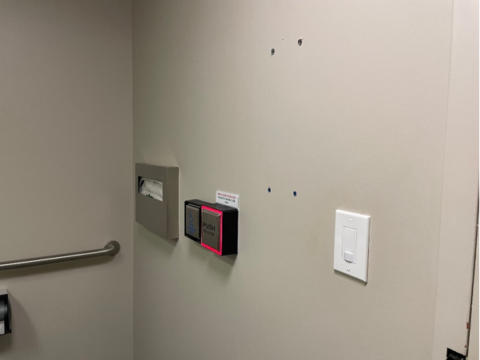General Sustainability Incentives Fund
The General Sustainability Incentives Fund is open to all Emory students, faculty, and staff, and provides up to $3,000 for projects that promote sustainable behavior, conduct research, or make campus improvements that center sustainability.
Zero Waste Hygiene Equity Program
The Zero Waste Hygiene Equity pilot establishes a program focused on improving hygiene security for a large proportion of Emory’s underserved community members by partnering with Generation Conscious to purchase detergent sheets to meet laundry detergent needs.
Oxford College Tree Trail
The Oxford College Tree Trail will place tree identification signs along the Hearn Nature Trail that include English, Muscogee, and scientific names and connect trail users to information about the species. QR codes will direct trail users to websites that share information about the ecological and biological understanding of the species on the iNaturalist platform.
Electrifying the Oxford College Farm
The project focuses on electrifying farm equipment to increase ease of operation, lower noise levels for operators, eliminate fuel use, eliminate on-site air pollution, and pave the way for renewable energy use.
Health Library Small Landscape Pilot–Pollinator and Native Species Plants
Following the success of last year’s pollinator garden at the Robert W. Woodruff Library by the Emory Library Environmental Sustainability Committee, the Woodruff Health Science Center Library (WHSCL) plans to install a modest planter with some plants outside the window of WHSCL’s Wellness Room as the main library’s garden.
Reduction of Waste Related to Emory Outdoor Recreation Trips and Rentals
The project aims to significantly decrease the amount of waste generated from food packing and single-use propane canisters used during outdoor trips by adopting sustainable practices such as bulk food storage and refillable propane tanks.
Educational Gardens Drip Irrigation
The project aims to reduce water usage at the Pitts Theology Garden by using the rain barrel and drip irrigation while allowing student volunteers to learn about gardening methods that reduce water usage.
Hillandale Community Garden
The project aims to nurture healing and regeneration of the Earth and ourselves through free movement opportunities such as yoga, tai chi, and meditation, plant/soil purchases, and an LED retrofit for the Rehabilitation department.
Pallett to Patches
Pallets to Patches aims to champion social justice by creating accessible, sustainable, and safe gardens using repurposed wood pallets, proliferating food security and urban greening within the Emory community.
Library Landscape Project Phase II
The Library Landscape Pollinator and Native Species Project Phase II will focus on education through plant identification signage and other forms of outreach programming. It also aims to open the doors to the library more widely by creating a figuratively permeable entrance that brings the library’s knowledge resources outside and into the earth.
Green Labs Incentives Fund
The Green Labs Incentives Fund is open to all certified Green Labs on Emory’s campus, and can provide up to $5,000 to implement sustainable improvements or promote cultural change in the labs.
Green Chemistry for the Extraction of Plant Natural Products
The project aims to reduce the amount of solvent waste produced during photochemistry (the extraction and study of plant-derived natural products) by at least 50% or more by purchasing a heating mantel and Soxhlet glassware, replacing the current maceration protocol with a Soxhlet extraction protocol.
Safe, Sustainable Reduction of Biohazard and Chemical Waste
The project aims to reduce biohazard and chemical waste streams from single-use plastic microtiter pipette tip waste by using a pin replicator that delivers a standardized 3-micro-liter volume that can be reused indefinitely.
Sustainable Heating and Cooling Methods for Greener Initiative
The project aims to enable safer and more sustainable heating and cooling for experiments by replacing traditional oil or water baths with aluminum blocks that are more efficient and safer to use in thermal control applications.
Ni-Catalyzed Oxa-spirolactonizations of Cyclopropanols
The project’s goal is to replace the use of palladium with copper for carbonylation, reducing the environmental impact of relying on rare and precious metals, achieving higher reaction yields, and reducing costs.
Green Offices Incentives Fund
The Green Labs Incentives Fund is open to all certified Green Labs on Emory’s campus, and can provide up to $5,000 to implement sustainable improvements or promote cultural change in the labs.
Reuse and Reduce
The project aims to transition the Office of Spiritual and Religious Life’s use of single-use disposable items to reusable dishware and install an ENERGY STAR-certified dishwasher to ensure sanitation and encourage the consistent use of reusable items.






